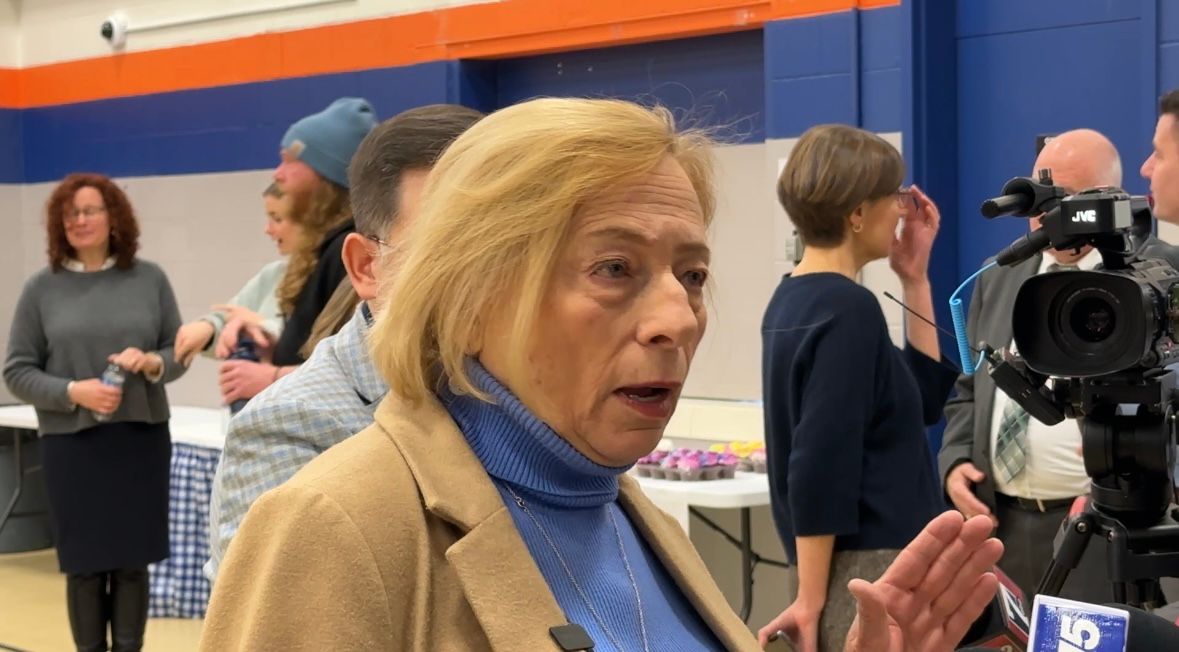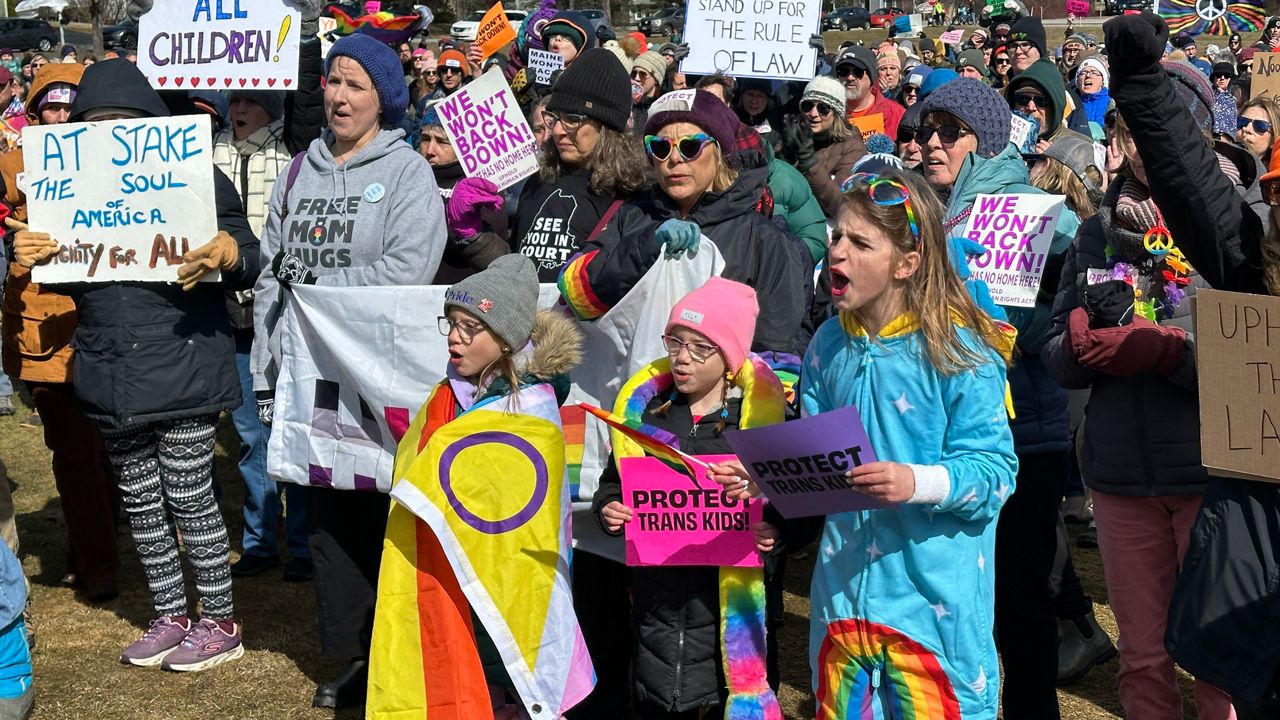Academy Award-winning actress Halle Berry lent some star power testimony to a legislative committee public hearing Friday in Augusta on a bill related to perimenopause and menopause education.
The bill, LD 1079, requires the Maine Department of Health and Human Services to create educational partnerships with health care providers on menopause and perimenopause.
The bill calls for creation of informational materials about the symptoms and treatments of both perimenopause and menopause. The materials should also contain information about “how to talk to family and friends about perimenopause and menopause,” according to the bill.
Berry, 58, testified via video conference before the legislative Health and Human Services Committee Friday. The actress has also served as an activist for women’s health and women’s empowerment. She said she had been living with perimenopause and menopause for 10 years before officially being diagnosed.
Before that, she said, she was experiencing symptoms that her doctors on at least two occasions tried to misdiagnose as other conditions.
“When I would go see doctors, they kind of gaslit me,” she said. “They made me feel like I was overexaggerating -- I’m an actress, so I’m a drama queen, and I knew that something was wrong in my body, but I just didn’t know what.”
Co-sponsors Rep. Kristen Cloutier (D-Lewiston) and Senate President Mattie Daughtry (D-Brunswick) said the bill will allow women to educate themselves about the symptoms of menopause, ranging from hot flashes to cognitive issues. Education, they said, will empower women to seek assistance.
“Women shouldn’t have to wait until they feel like everything is wrong or they are losing their minds to know what they are going through,” Daughtry said.
Berry said she had little knowledge of the condition herself when she first began feeling symptoms.
“Nobody told me that when I got about 40, 42, 43, that this time of life was coming,” she said.
Berry asked the committee to recommend the bill pass.
“I urge you, please pass this bill,” she told the committee. “We need more education. Women deserve the support. We deserve to live good quality lives and get the treatment so that we can do that.”










